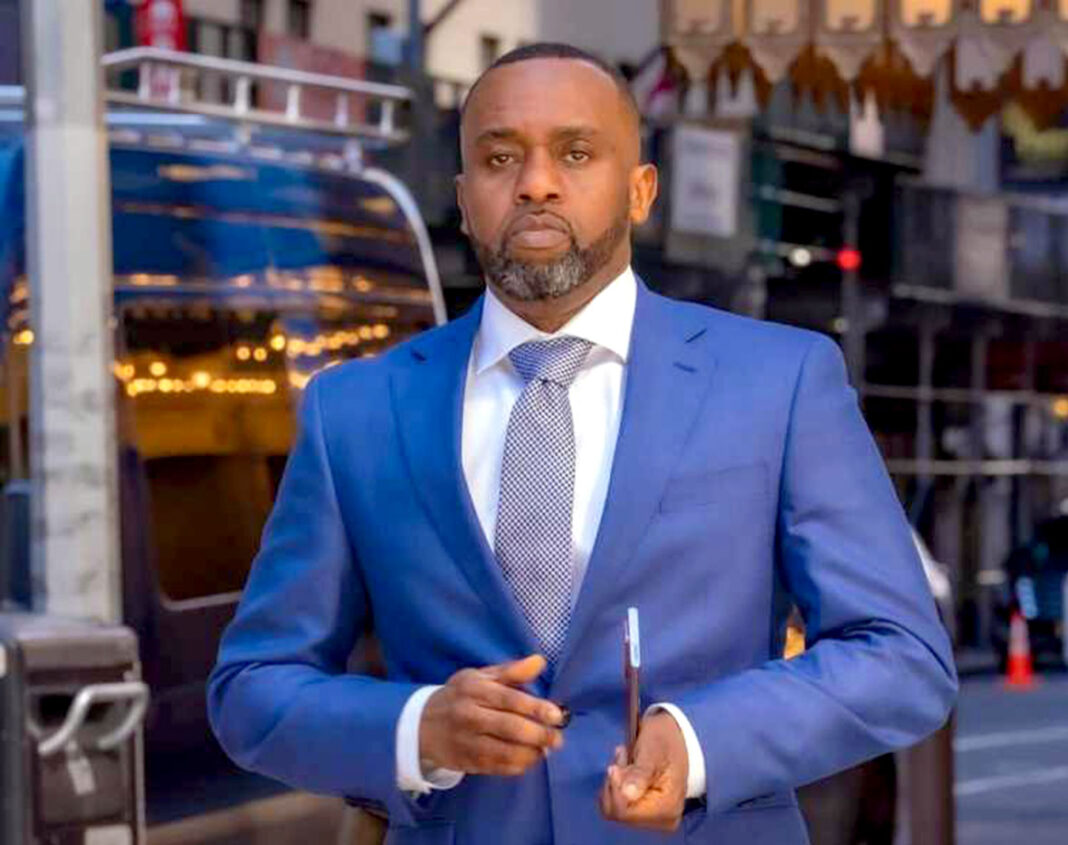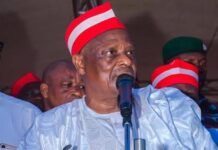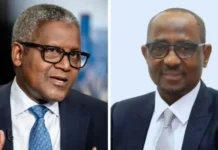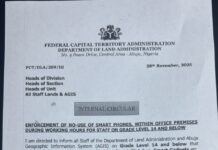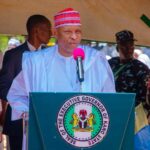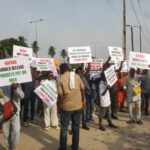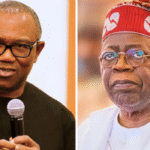By Olufemi Soneye
The United States’ designation of Nigeria as a Country of Particular Concern has reignited conversation across diplomatic, security, and human rights circles. The CPC mechanism under the International Religious Freedom Act is vital, but its application must be precise. In Nigeria’s case, the designation misidentifies the problem and risks damaging a crucial partnership at a time when global security threats are escalating.
Nigeria is not a state persecuting its own religious minorities. It is a state fighting for its survival against some of the world’s deadliest extremist organizations. Boko Haram, ISWAP, violent bandit networks, and other non-state armed groups have terrorized communities for over a decade, burning villages, abducting schoolchildren, attacking churches, mosques, and markets, and targeting Muslims, Christians, and anyone who refuses their ideology. These actors are not agents of Nigerian policy. They are enemies of the Nigerian state and of humanity.
To understand why Nigeria’s CPC status is an error, it is useful to look at countries previously designated and later removed. Vietnam was removed after pursuing structured engagement with Washington. Iraq’s designation ended only after the fall of its repressive regime. Uzbekistan spent more than a decade under CPC status until it implemented sweeping religious reforms. Sudan emerged from the list following major political change and strong commitments to protect religious diversity. These cases share one feature: government-directed persecution. Nigeria does not fall into that category.
The Nigerian government continues to invest enormous resources in fighting extremist and terrorist groups determined to fracture the country along religious lines. These groups kill Muslims in prayer, Christians in worship, travelers on highways, and farmers on their land. Their strategy is to turn Nigeria’s diversity into a battlefield. Despite real structural and operational challenges, Nigeria has taken meaningful steps, including large-scale military operations against terror groups. These actions reflect commitment, not complicity.
Nigeria must also strengthen coordination on religious issues. A Presidential Envoy on Religion, working with a fully empowered interfaith advisory council, could help harmonize government responses, reduce tensions, and more clearly communicate Nigeria’s efforts to international partners. This role should leverage the influence of prominent religious leaders who can help reduce tension, counter extremist narratives, and build trust across communities. A coordinated national framework is essential in a country as diverse and complex as Nigeria.
To correct misperceptions and build stronger partnerships, the Nigerian government should pursue several strategic steps immediately. It should send a high-level delegation to Washington that includes respected religious leaders, especially Christian leaders from northern Nigeria. Such a delegation would brief United States officials, lawmakers, and think tanks on the realities on the ground, counter misleading narratives, and demonstrate unity across Nigeria’s religious spectrum. Nigeria should engage directly with international religious freedom institutions, including the United States Commission on International Religious Freedom and the Office of International Religious Freedom at the State Department. These meetings would strengthen Nigeria’s case and establish permanent channels for dialogue.
The government should also invite bipartisan United States Congressional delegations to visit Nigeria. Seeing affected communities firsthand, including churches rebuilt, mosques attacked, and families displaced, helps United States lawmakers understand that the threat Nigeria faces is terrorism, not state-sponsored persecution. At the same time, Nigeria should use this moment to reset broader United States and Nigeria economic and development cooperation. Having lived in the Washington area for over 20 years, multiple sources across Washington have voiced concerns to me about the sharp decline in United States business engagement in Nigeria. This diplomatic moment can and should be leveraged to revive trade, investment, and development initiatives. Greater economic cooperation strengthens stability, reduces extremist recruitment, and benefits both nations.
Nigeria is a longstanding strategic partner of the United States, but the complexity of today’s security landscape, from Sahelian insurgencies to arms trafficking and climate-driven displacement, requires deeper collaboration, not punitive labels. Nigeria needs the United States to work closely with its security agencies to help eradicate terrorist threats by expanding intelligence cooperation, providing advanced counterterrorism training and equipment, supporting justice sector and police reforms, assisting displaced and traumatized communities, and implementing joint programs that promote interfaith dialogue and community peacebuilding. Helping Nigeria succeed is not charity. It is strategic. A stable Nigeria anchors West Africa, strengthens global counterterrorism defenses, and supports international economic stability.
CPC status should target governments that persecute their own people, not governments fighting extremist forces determined to destroy religious coexistence. Nigeria’s situation demands nuance, accuracy, and partnership. By sending a unified interfaith delegation to Washington, welcoming United States lawmakers to Nigeria, strengthening direct engagement with religious freedom institutions, and revitalizing trade and development ties, Nigeria can reset the narrative and chart a more constructive path forward.
The United States should reassess Nigeria’s designation with clear-eyed realism. Nigeria is not the problem. Nigeria is a frontline nation confronting a global threat, and the world, especially the United States, should stand with it.
Soneye, previously served as the Chief Corporate Communications Officer (CCCO) of NNPC Ltd


